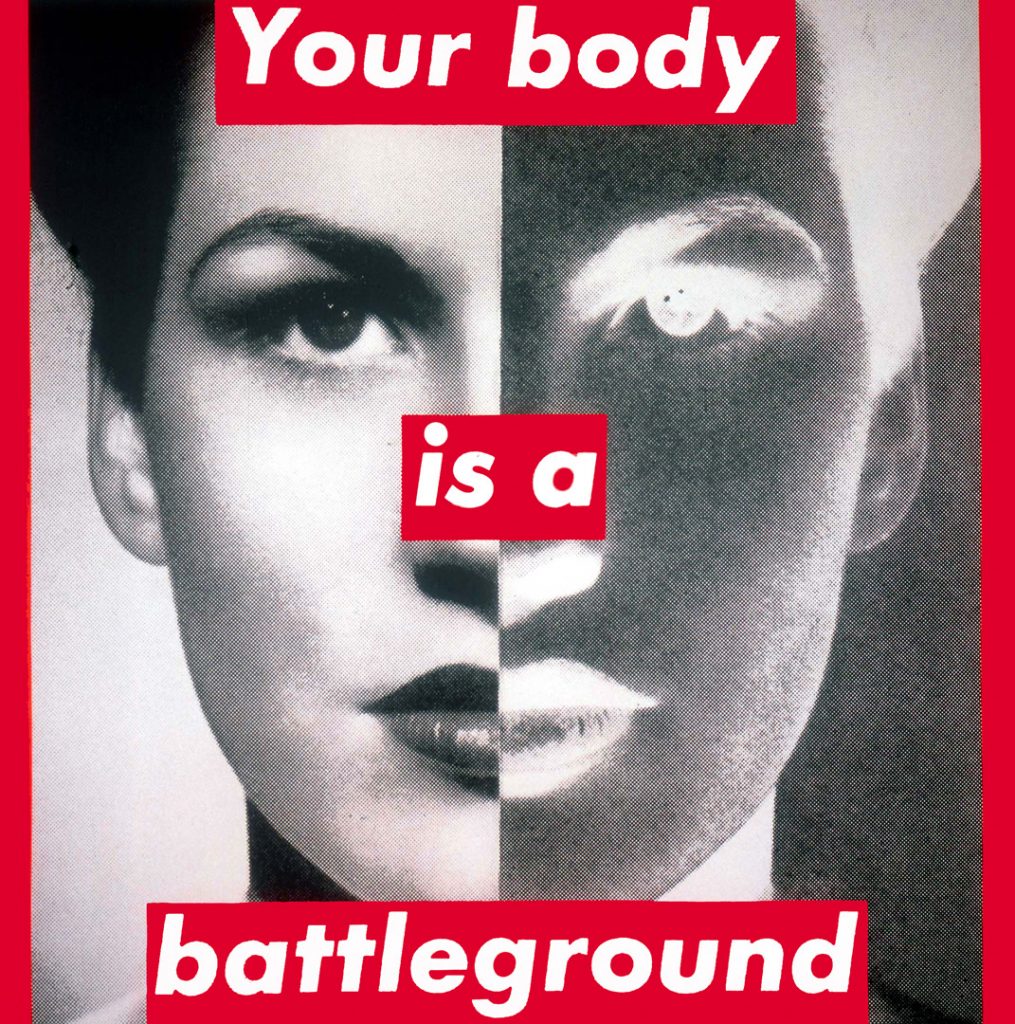Corporeal, carnal, erotic—the body as a space in which politics are waged is an inevitable reality. In spite of every effort to dissociate belief from effect, every political decision has its respective corporeal repercussion. Janelle Rebel demonstrates a hyperawareness of inextricable connection in their piece Dear Vern, in which she archives public polls from U.S. Congressman Vern Buchanan (R-FL 16th district) and juxtaposes them with love letters addressed to Buchanan from a lustful sender signed JR. The surveys themselves are diverse and feature subjects ranging from the Super Bowl to the death penalty, but they all have one thing in common: they exemplify the tendency to abstract political opinion from real-life effect through their falsely dichotomous and overly simplistic responses. There is something so deeply and disturbingly depersonalized about reducing the question of amnesty for illegal immigrants to one’s answer of “support” and “oppose.” Even worse, perhaps, is the way they present an illusory means of political participation, which forces us to confront our own impotence. Only are the subjects of the questions dehumanized, the surveyees are atomized and reduced to percentages of “agree” or “disagree.”

On the Dear Vern website, the surveys are paired with the amorous musings of writer JR in which Buchanan is the subject of their explicitly stated sexual desire. JR’s objectification of Buchanan as a sexual object pointedly juxtaposes the depersonalization of the polls with lustful vignettes that present both the immediacy and corporeality of lust and desire. Rebel’s subversion of the idea that political views have no physical effect is exemplified in her presentation of unrestrained physicality and desire. The concept of body as politicized space was prevalent in second-wave feminism, an idea embodied in one of Barbara Kruger’s iconic works, and the specified use of female eroticism in JR’s letters points to Rebel’s feminist lens. The abject horniness, for lack of better or more descriptive terms, of some of the letters turn politics’ objectification of the female body back on the very perpetrators. While the letters comfortably pass into absurdity, upon reflection, we are asked to consider why we interpret them as absurd: setting aside the exaggerated, plain-spoken, and humorous expressions of lust, are they funny because we can more easily play off objectification when it comes from the perspective of a woman? Rebel very clearly harnesses these societal power dynamics to empower the absurdist comedy of the piece.
The deep connection between politics and carnal physicality is on full display in Rebel’s piece, and rightly so: when a governmental decision to cut funding means death to thousands, when a governmental decision to reject amnesty to immigrants means death to thousands, you can no longer abstract belief from effect.
But, hey, do you plan to watch the Super Bowl today between the Tampa Bay Buccaneers and the Kansas City Chiefs?
- Yes, rooting for Tampa Bay
- Yes, rooting for Kansas City
- No
:::

Tra My Anderson is a French and Film Studies double major at the University of Richmond. She is interested in graphic design and digital art, and working with Digital America has further developed her appreciation for cybernetic and web-based art genres in particular.



